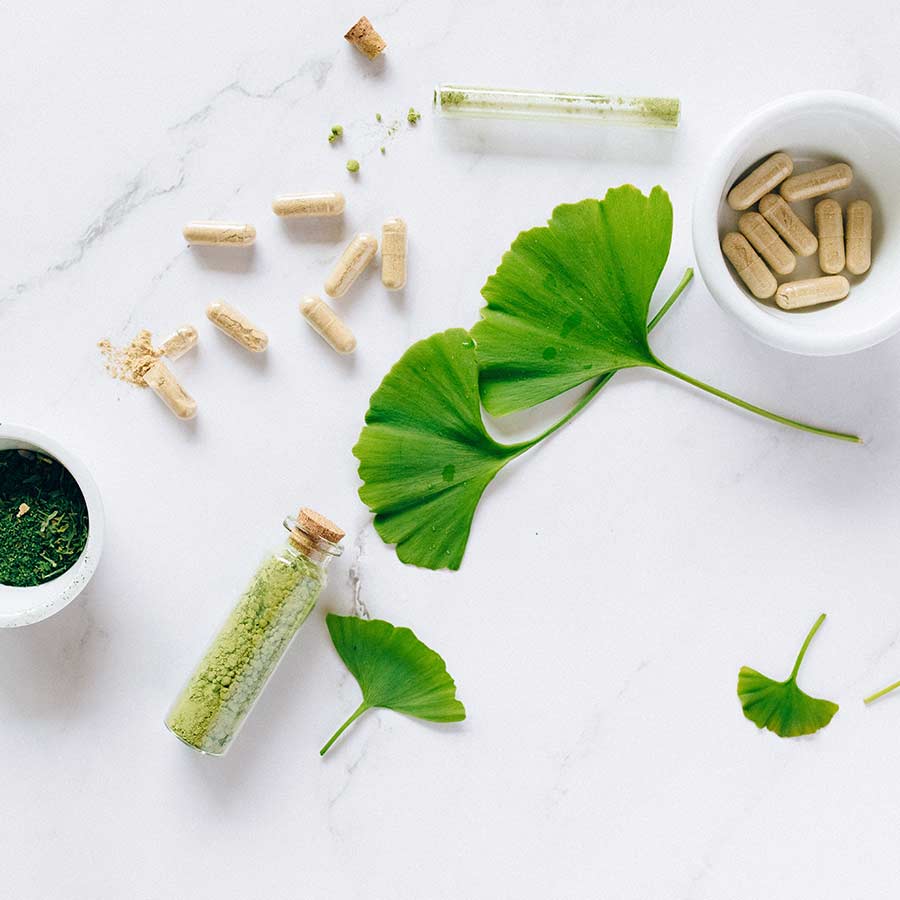Combating Glaucoma: A Guide to Vitamins & Supplements for Eye Health
I. Introduction
Glaucoma can threaten vision by damaging the optic nerve due to elevated intraocular pressure. Alongside prescribed treatments, research highlights that the right vitamins and dietary supplements can support eye health and help manage this condition effectively.
II. Understanding Glaucoma
Glaucoma encompasses a group of eye conditions where increased intraocular pressure harms the optic nerve, leading to progressive vision loss. With millions affected worldwide, strategies to manage eye pressure, including lifestyle and dietary approaches, are essential for preserving optic nerve function.
III. Role of Nutrition in Glaucoma Management
A balanced diet, rich in specific vitamins and minerals, can play a supportive role in glaucoma management. While medications remain critical for controlling eye pressure, proper nutrition can enhance eye protection and overall ocular health.
IV. Vitamins & Supplements with Potential Benefits
- Vitamin A & Beta-carotene: Vital for retinal health, these nutrients are abundant in carrots, sweet potatoes, and spinach.
- Vitamin C: Found in citrus fruits, leafy greens, and berries, Vitamin C supports collagen production in the cornea and sclera, potentially aiding eye pressure regulation.
- Vitamin E: Present in almonds, avocado, and sunflower seeds, Vitamin E acts as an antioxidant, protecting eyes from oxidative damage.
- Omega-3 fatty acids: Found in fatty fish, flaxseeds, and chia seeds, these nutrients may improve blood flow to the optic nerve and help lower intraocular pressure.
- Zinc: Helps Vitamin A produce melanin to protect the eyes, found in oysters, beef, and lobster, supporting ocular health.
V. Supplements with Emerging Evidence
Emerging research indicates that supplements like Ginkgo Biloba, Green Tea, and Curcumin may offer complementary benefits to conventional glaucoma treatments.
VI. How to Incorporate These Nutrients into Your Diet
Enhance your diet with a colorful variety of fruits, vegetables, lean proteins, and healthy fats. Consulting a nutritionist can help tailor your food choices to meet specific nutritional needs for eye health.
VII. Precautions When Taking Supplements
Supplements can provide additional nutrients but should never replace prescribed glaucoma medications or a balanced diet. Always seek advice from your healthcare provider before adding new supplements to your routine.
VIII. Conclusion: Managing Eye Pressure through Nutrition and Regular Checkups
From leafy greens to omega-3 rich foods, nutrition plays a critical role in supporting eye health and managing intraocular pressure. Combined with regular eye checkups, a diet rich in targeted vitamins and supplements contributes to a comprehensive approach for protecting vision and fighting glaucoma progression.




